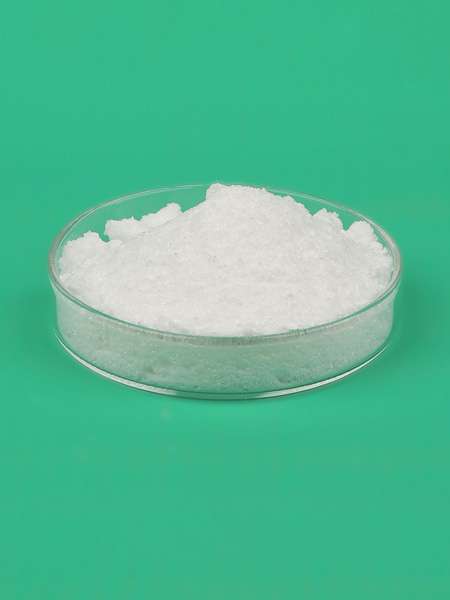Barium chloride (BaCl₂) is one of the most widely used and important barium compounds in the chemical industry. Available as a white powder or colorless crystalline substance, it plays a critical role in various industrial and scientific processes. Its unique chemical and physical properties make it suitable for a broad range of applications across sectors.
Key Applications of Barium Chloride
In the paints and coatings industry, barium chloride is used in the production of high-quality white pigments, enhancing color brightness, coverage, and corrosion resistance in demanding environments.
Barium Chloride in Oil industry:
In the oil and gas sector, it is utilized as an additive in drilling muds to control downhole pressure and improve well stability. It also plays a role in detecting leaks in pipelines and enhancing extraction efficiency.
Water Treatment:
In water and wastewater treatment, barium chloride helps remove sulfates and heavy metals, aids in coagulation and sedimentation processes, and is used in ion exchange systems for water softening.
In the glass and ceramics industry, BaCl₂ enhances the clarity and brilliance of glass products, improves the thermal and mechanical properties of ceramics, and facilitates melting and shaping during production.
The electronics sector employs barium chloride in the manufacture of fluorescent lamps and photo-sensitive sensors. It is also used in improving the electrical performance of select semiconducting materials.
Barium Chloride in Metallurgy:
In metallurgy, it is applied in heat treatment processes and the purification of steel and metal alloys, contributing to improved corrosion resistance and material performance.
Barium Chloride in Paper Production:
In paper manufacturing, it serves as a bleaching and brightening agent, improving moisture resistance and enhancing print quality.
Advantages of Using Barium Chloride Powder
Barium chloride offers several advantages that make it a preferred choice in industrial processing:
- High Purity: Available in grades up to 99.9% for critical applications
- Good Solubility: Easily dissolves in water, ideal for wet processes
- Chemical Stability: Resistant to decomposition and unwanted reactions
- Scalability: Suitable for large-scale production and continuous processing
- Cross-Industry Compatibility: Performs well in various chemical systems
- Cost-Effectiveness: Delivers excellent value relative to alternative materials
Storage and Safety
Despite its widespread industrial use, barium chloride is a toxic substance and must be handled with care. It should be stored in a cool, dry place, away from acids, oxidizers, and moisture. Use of personal protective equipment—such as gloves, safety goggles, and respirators—is strongly recommended. Containers should be corrosion-resistant and properly labeled to ensure safe handling.
Innovation and Emerging Uses
Ongoing research continues to focus on improving the purity and production efficiency of barium chloride. New applications are being explored in advanced industries, including nanotechnology, energy storage, and next-generation battery manufacturing. These emerging fields highlight the potential of barium chloride beyond its traditional roles.
Environmental Considerations
While toxic in nature, barium chloride also has certain environmental uses—particularly in the treatment of radioactive wastewater and the removal of specific pollutants. However, strict adherence to environmental and safety protocols is essential when using this material in sensitive contexts.
Purchasing High-Quality Barium Chloride Powder
To ensure optimal performance, always purchase barium chloride from reputable suppliers. Review the technical specifications carefully before placing an order. Key parameters to consider include:
- Purity level (typically 98% to 99.9%)
- Particle size distribution and uniformity
- Moisture content (should be below 1%)
- Availability of quality certifications and product analysis reports
Choosing the right grade of barium chloride is essential for safe and efficient application in your specific industrial process.

